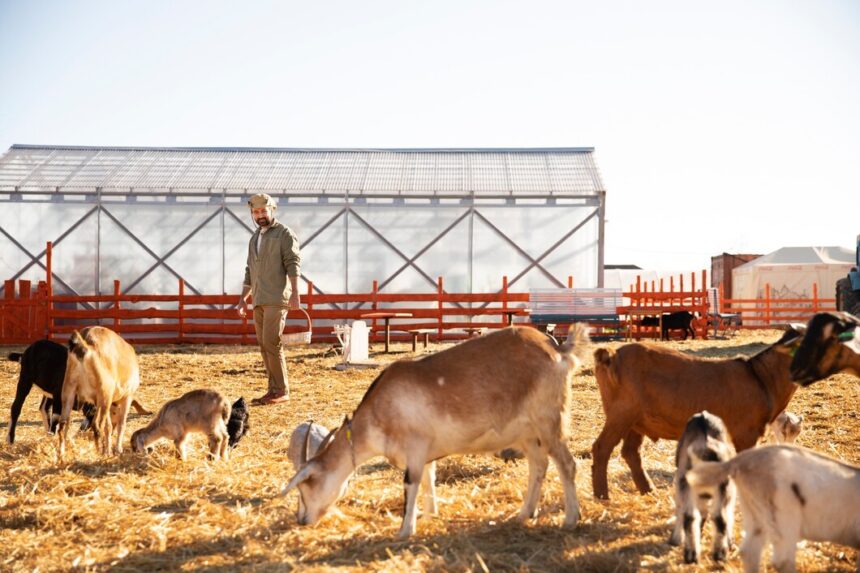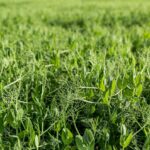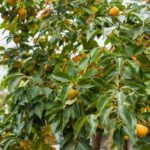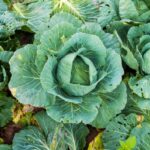Livestock farming is a vital component of agriculture in South Africa, contributing significantly to food security, rural livelihoods, and the economy. To ensure the sustainability and profitability of livestock operations, it’s essential for farmers to prioritize the health and productivity of their animals. Here are ten ways South African livestock farmers can boost the health and productivity of their herds:
1. Quality Nutrition
Balanced Diet
Provide animals with a balanced diet that meets their nutritional requirements for growth, reproduction, and maintenance. Utilize locally available feed resources and supplement as needed to ensure adequate nutrition.
Pasture Management
Practice rotational grazing to optimize pasture utilization and minimize overgrazing. Rotate livestock between paddocks to allow forage regrowth and prevent soil erosion.
2. Clean Water Supply
Access to Clean Water
Ensure animals have continuous access to clean, fresh water to maintain hydration and support metabolic functions. Regularly clean water troughs and tanks to prevent the buildup of algae and contaminants.
3. Disease Prevention and Control
Vaccination Programs
Implement vaccination programs to protect livestock against common diseases such as foot-and-mouth disease, brucellosis, and anthrax. Consult with a veterinarian to develop a customized vaccination schedule based on local disease risks.
Parasite Management
Implement strategic parasite control measures to prevent infestations of internal and external parasites, including worms, ticks, and flies. Rotate deworming products and practice pasture management to reduce parasite burdens.
4. Housing and Shelter
Comfortable Living Conditions
Provide adequate housing and shelter to protect animals from extreme weather conditions, such as heat, cold, wind, and rain. Ensure housing facilities are well-ventilated, clean, and spacious to prevent overcrowding and stress.
5. Genetic Improvement
Selective Breeding
Select breeding stock based on desirable traits such as growth rate, disease resistance, and reproductive performance. Participate in breed improvement programs and utilize technologies such as artificial insemination to enhance genetic diversity and productivity.
6. Regular Monitoring and Health Checks
Observational Monitoring
Conduct regular visual inspections of livestock to monitor overall health, behavior, and body condition. Look for signs of illness or injury, including lethargy, lameness, and abnormal discharge.
Veterinary Consultations
Schedule regular veterinary visits for health checks, vaccinations, and disease screenings. Work with a veterinarian to develop preventive health care plans and address any health concerns promptly.
7. Stress Reduction
Minimize Transport Stress
Minimize stress during transportation by ensuring animals are handled calmly and transported in well-ventilated, properly equipped vehicles. Avoid transporting animals during extreme weather conditions or for extended periods without breaks.
8. Environmental Management
Optimized Environmental Conditions
Optimize environmental conditions in housing facilities to promote animal comfort and well-being. Provide adequate bedding, ventilation, and lighting to reduce stress and enhance productivity.
9. Record Keeping
Accurate Record Keeping
Maintain detailed records of livestock management practices, including vaccinations, deworming, breeding, and health treatments. Use record-keeping systems to track individual animal performance and make informed management decisions.
10. Training and Education
Continuous Learning
Invest in farmer training and education programs to stay informed about best practices in livestock management, nutrition, and health care. Participate in workshops, seminars, and extension services offered by agricultural organizations and institutions.
By implementing these ten strategies, South African livestock farmers can enhance the health, welfare, and productivity of their animals, leading to improved profitability and sustainability of their operations. Quality nutrition, access to clean water, disease prevention and control, and genetic improvement are essential components of livestock management. Additionally, providing comfortable housing and shelter, regular monitoring and health checks, and minimizing stress are critical for maintaining animal well-being. Environmental management, record keeping, and continuous training and education play vital roles in optimizing livestock health and productivity. By prioritizing these aspects of livestock management, South African farmers can contribute to the growth and resilience of the livestock sector while ensuring the welfare of their animals.







